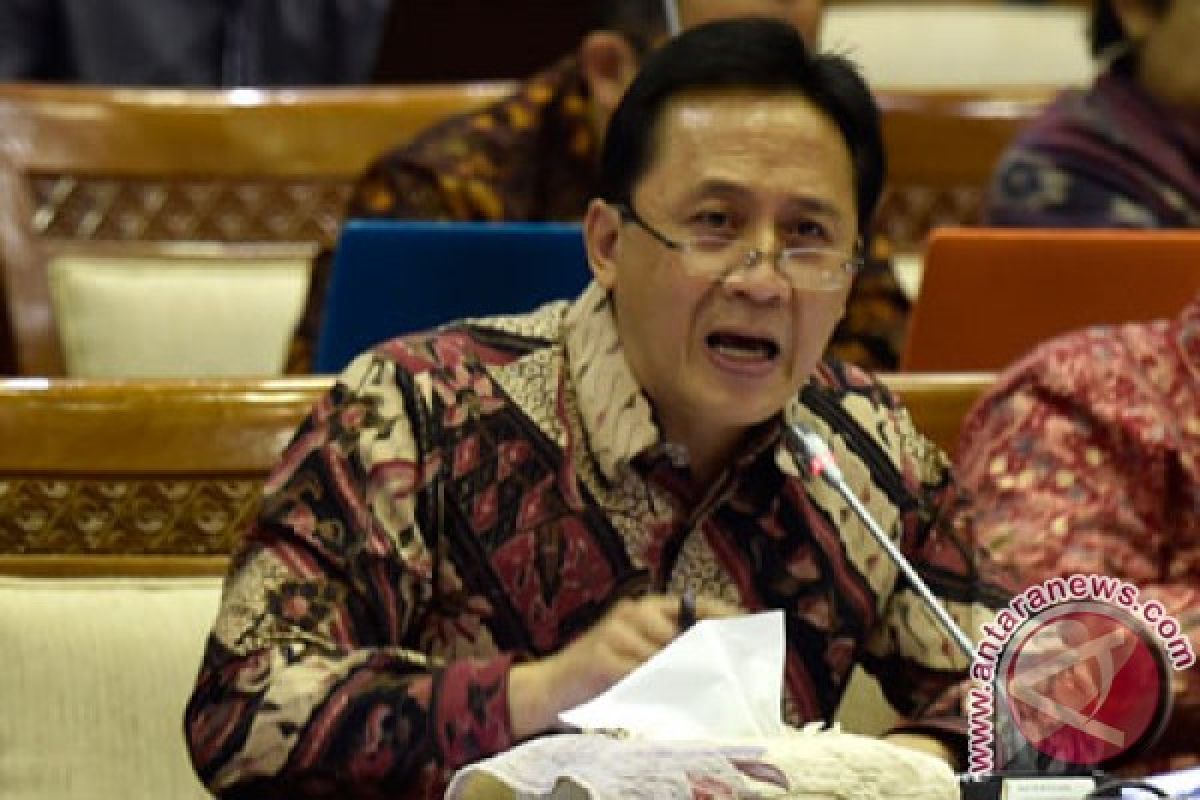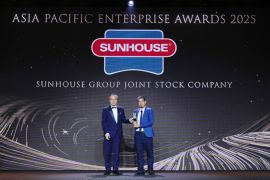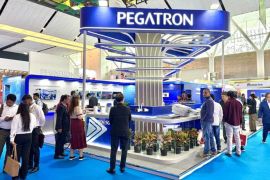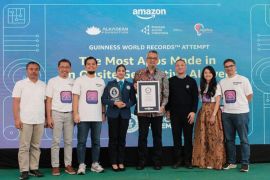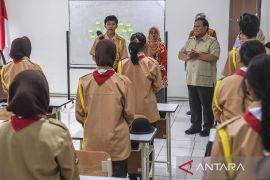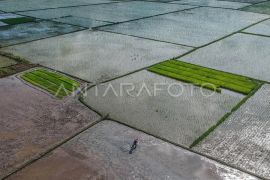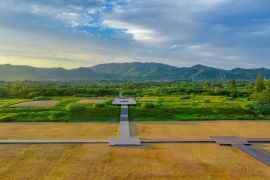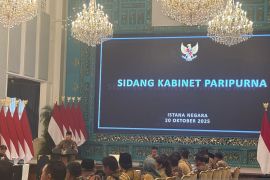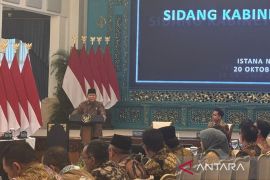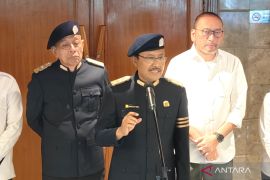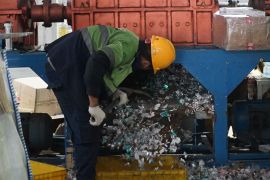"When compared with the growth of the national economy, which was 5.06 percent in the first quarter of 2018 and 5.27 percent in the second quarter, the creative economy sector can grow to 5.6 percent," he remarked at a press conference in Jakarta on Tuesday to evaluate the work of the government led by Joko Widodo and Jusuf Kalla after four years.
Quantitatively, the creative economy sector has contributed Rp1,009 trillion to the national GDP in 2017.
Contributing to 7.57 percent of the total national economy, the sector could absorb 17.4 million of workers in 2017.
"The creative economy is forecast to absorb a workforce of 18.1 million in 2018," Munaf noted.
The creative economy is a sustainable economic model that can potentially serve as a better backbone in future.
Established in 2015 under the supervision of President Joko Widodo, Bekraf has been working to promote and highlight every product and activity related to creative economy, including its efforts undertaken during the Asian Games 2018.
"If, for instance, during the Asian Games event, we did not help create the `look and feel,` it might not be as beautiful as what we see," Munaf explained.
Bekraf will continue to promote the creative economy sector, considering that Indonesia has several areas of potential to be developed, ranging from its cultural diversity to heritage.
The agency will also hold the upcoming "World Conference on Creative Economy" on November 6-8, 2018, in Nusa Dua, Bali, to facilitate both developed and underdeveloped countries to create a formula for the development of creative economy.
Reporting by Sella Panduarsa Gareta
Editing by Yashinta Difa Pramudyani, Yoseph Hariyadi
Reporter: Yashinta Difa Pramudyani
Editor: Heru Purwanto
Copyright © ANTARA 2018
